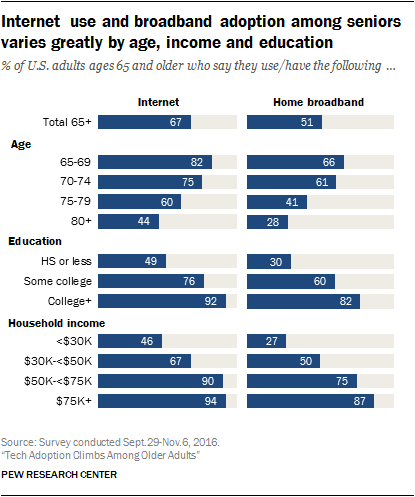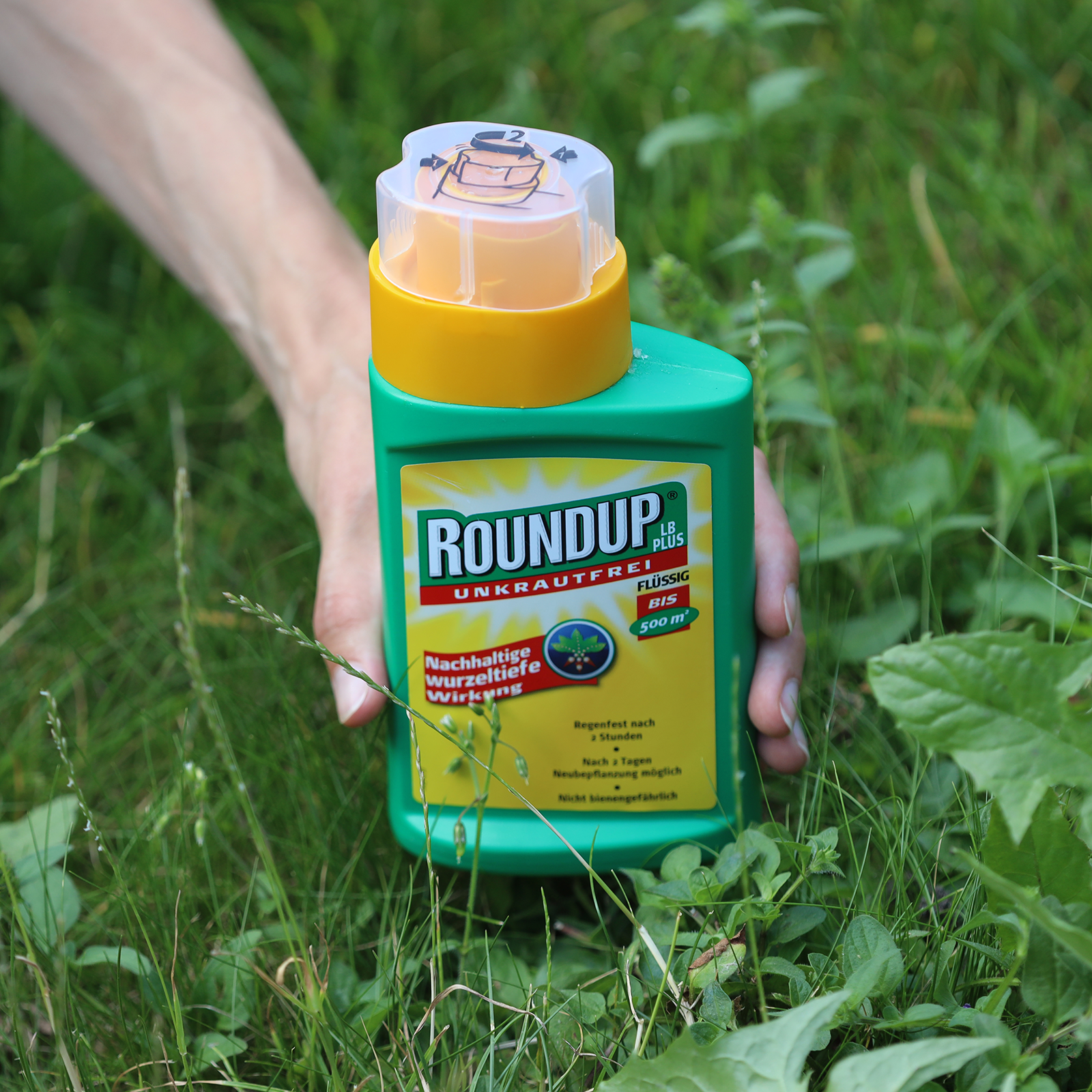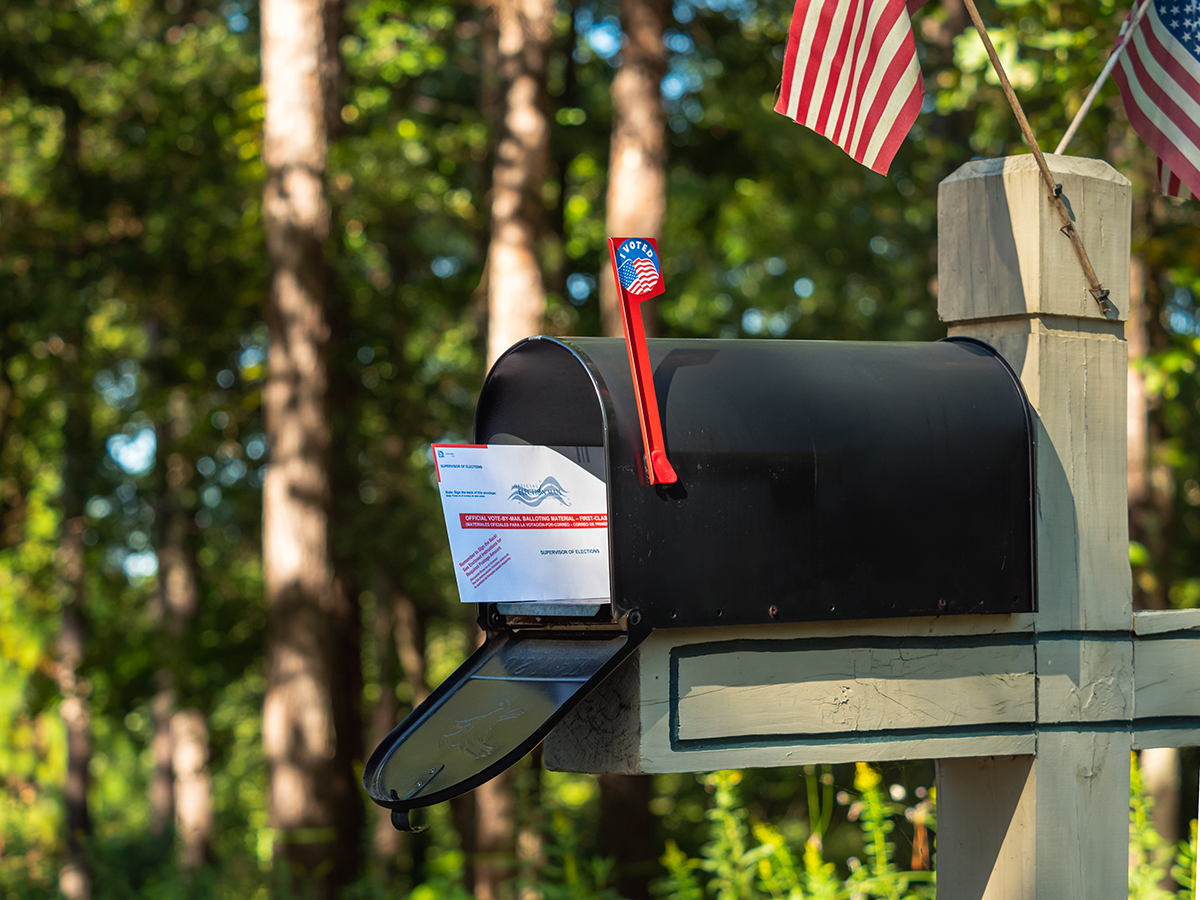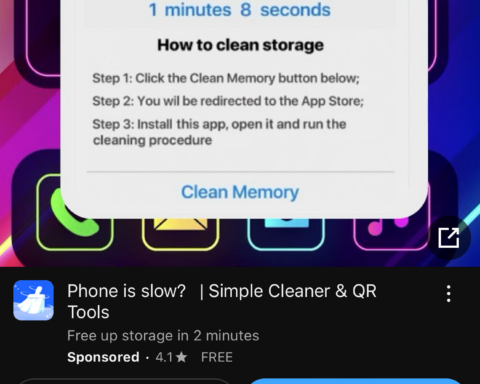Something is missing here in North County, and likely everywhere there is a Big Y supermarket. The flyers have gone paperless, the way in which much of the information needed by seniors is now exclusively available. They aren’t the first, and they certainly won’t be the last, as businesses cut costs.
Life on Planet Earth requires that we use technology for nearly everything, like signing up for government programs, vaccinations, and services. And using hospital portals. And why can’t they all use the same bleeping software. Many sites are often too complicated and poorly designed for the casual user, a category into which many seniors fall.
“Seniors” is a pretty broad term, and I find it difficult to think of 50-year-olds as seniors. For the purposes of this discussion, I’m referring to people 65 and older.
Broadband access by seniors is often determined by age, income, and level of education.

If you are younger and more affluent, you probably can’t imagine how shut out seniors can feel. Imagine not being “connected” and having to pay your bills by mail, with the attendant increasing prices of postage. And shopping. I’d go nuts if I couldn’t shop online, yet many seniors don’t even know they have this option, or don’t trust themselves to do it properly.
I once had a neighbor who knew nothing about the digital universe. Rose spent her waking hours crocheting. She made beautiful small pieces as well as some so large that we had to borrow card tables for her to work on projects like bedspreads and tablecloths. She had multiple disabilities and hadn’t been to a store in years. Her daughter brought her common ecru crochet thread, which is all she ever used, and all she ever knew existed, until I introduced her to Amazon.
I convinced Rose to cross the hall to my apartment and then sat her in front of my computer. When she saw the variety of thread colors she could choose from, the wrinkled old face that seldom smiled broke out into a really big one. “You mean we can get all of these colors!” I told her to pick what she wanted and that we could always order more. She worried about paying. I told her I’d charge it to my card, and she could pay me when she wanted to.
The next Christmas several other neighbors who had heard about what we’d done, asked if they could buy presents through me, and they did. There were a couple of returns, but it went pretty smoothly. A lot of grandchildren were happy that year.
I repeat this story to demonstrate how difficult it can be to understand the situations of others unless you walk in their slippers. Everyone’s life is different. Everyone’s access to things we often take for granted is limited or nonexistent.
Prior to COVID, the Harper Center, Williamstown’s senior center, printed a monthly calendar and accompanying newsletter. The little square on the calendar might say “Christmas decorations,” and the newsletter would provide the number of people who could be accommodated, whether there was a fee, and other details. It also listed services for seniors and other helpful notes.
It was very simple compared to the newsletters of senior centers in other towns, but it sufficed. During COVID, the newsletter was replaced with an email to people who signed up to be on the list. It is an unstructured, conversational communication that does not serve the needs of those who never see it. Traditionally, newsletters are handed out at senior centers and also mailed to those who wish to get it that way.
In order to receive the email, a person must have a laptop and broadband, or a cell phone. The above graph shows that the majority of seniors who are older or poorer are not connected. Without fear of contradiction, I would say that is many of us. According to the statistics, I should still be using a pager.
Other seniors have told me they would like their paper newsletter again. Even those with cell phones have difficulty retrieving old messages or reading them on the small screen. And most can’t print them.
It is also true that the older we are, the less comfortable we are with technology. Printed materials are the preferred form of information for many seniors, who use magnets to hang their newsletters and announcements on the fridge where they can refer to them throughout the month. Caregivers and relatives can check to see if there is something they need to know, e.g., where and when we can get vaccinations, etc. We are not always good about committing things to memory.
Seniors are tactile folks. We like our hugs and kisses warm and personal, not expressed as emojis, and our books on pages. And when we shop, we want the option to carry our flyers with us, with the specials we want to buy circled in bold black marker, not digitally downloaded.
I realize we all need to adapt to the times as much as we are able. But those who aren’t able deserve equitable treatment. We make concessions for all kinds of people. We should also make them for people who, through no fault of their own, have a technological disadvantage.

















